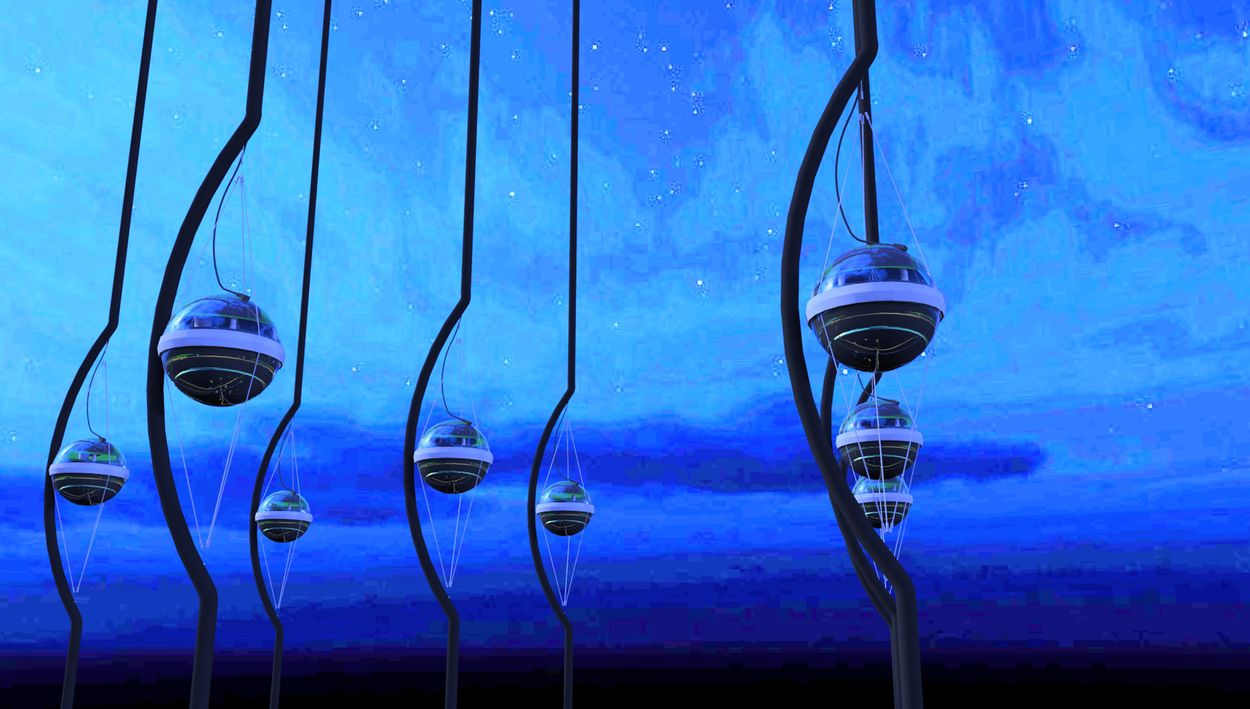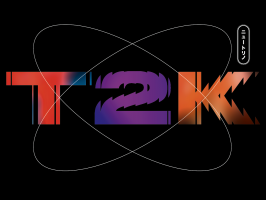The particle physics department (DPNC) studies the fundamental structures and laws of nature from the largest dimensions in the Universe to the smallest of the microcosm by using three complementary approaches:
- high-energy particle collisions with CERN’s LHC and the ATLAS detector, and ideas for future accelerators such as the FCC hh-ee-he
- experiments with neutrinos (T2K, Hyper-Kamiokande)
- astroparticle physics experiments on the ground (IceCube, CTA) and in space (AMS, POLAR, DAMPE)
More recently medical physics and its connection to particle physics has been added to this list
The research conducted at DPNC finds its motivation in the grand mysteries of the Universe which can be formulated in form of open questions:
- What is the nature of Dark Matter and Dark Energy?
- Can gravity be incorporated in the particle picture?
- Why are the neutrino masses so small and what can neutrinos teach us about the matter / anti-matter asymmetry?
- What can we learn about our Universe from cosmic rays?
- Is the hierarchy problem, i.e. the Higgs mass being so much smaller than the Planck mass, a broad hint or a deception?
- Is there physics Beyond the Standard Model of Particle Physics?
- How can novel solutions in particle physics benefit medical physics?
The proximity to and close connection with CERN and its Large Hadron Collider plays a key role in the department’s research program.






















